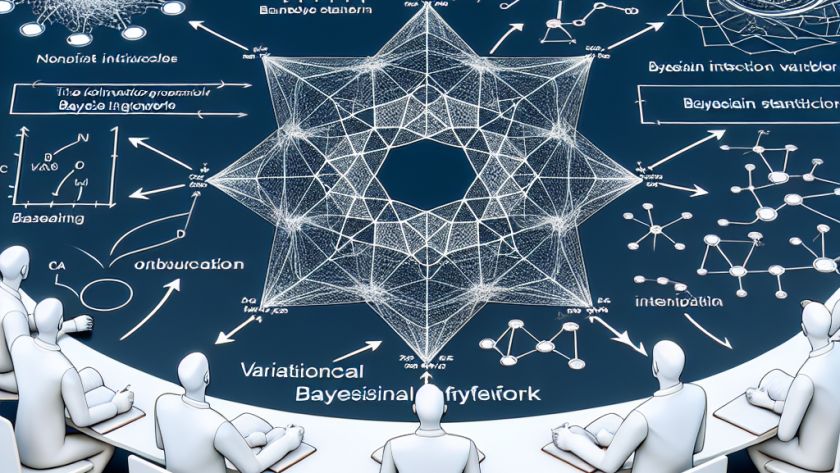In the digital era where data is vast, the importance of information retrieval cannot be overstated, particularly for search engines, recommender systems, and applications that find documents based on their content. Information retrieval involves three fundamental challenges - relevance assessment, document ranking, and efficiency. BM25S is a recently introduced Python library that tackles these challenges…











